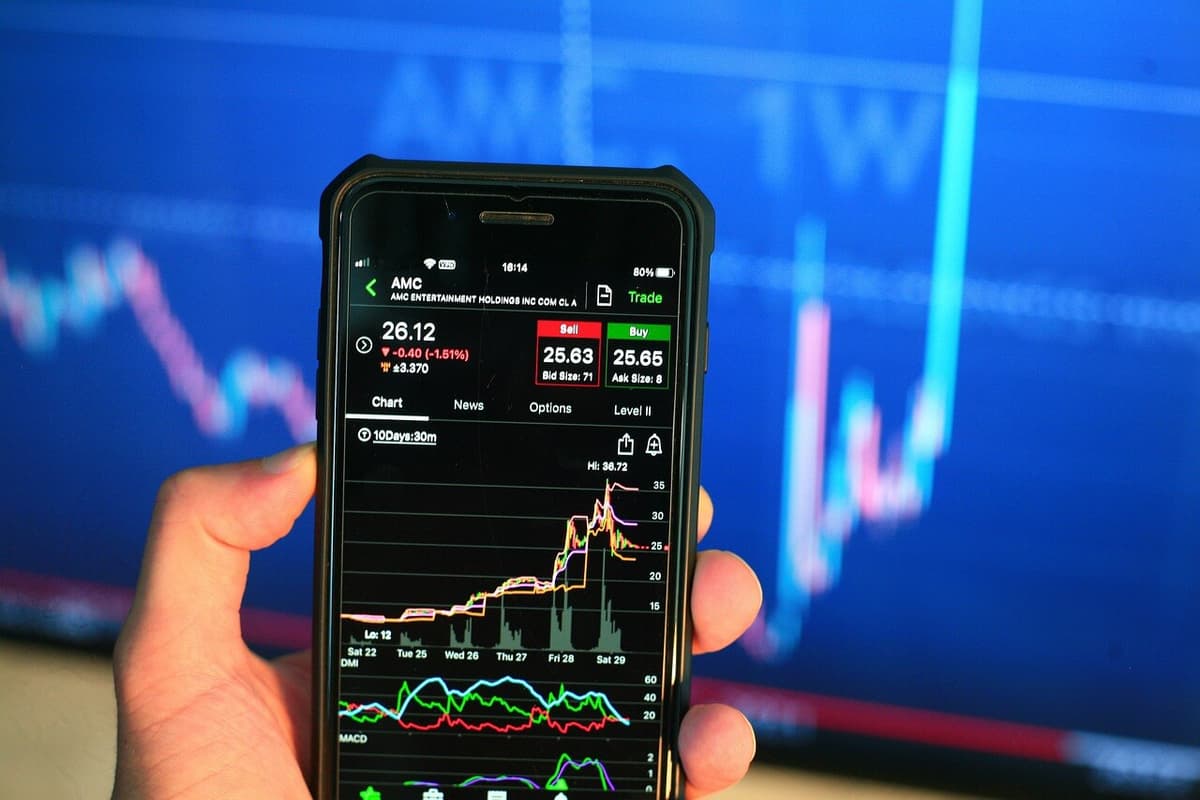Why Insider Trading Is Illegal: What You Need To Know


Once in a while, an insider trading scandal brakes out in the news and captivates the nation's attention, revealing a tangled web of greed, corruption, and manipulation of massive amounts of money.
But why, specifically, is insider trading illegal?
This article provides the official insider trading definition, offers some examples of it, and discusses why it's illegal.


What Is Insider Trading?
The Securities and Exchange Commission (the US government entity charged with monitoring financial transactions of this nature) defines insider trading as "buying or selling a security, in breach of a fiduciary duty or other relationship of trust and confidence, while in possession of material, nonpublic information, securities trading by the person 'tipped', and securities trading by those who misappropriate such information."
In market terminology, "material information" stands for any element that can affect a company's stock price. Legally speaking, the term refers to any confidential corporate fact that, if known, would influence one's decision to buy or sell company stock.
"Nonpublic information" refers to confidential corporate developments and other data not known outside a small circle of insiders.
"Fiduciary duty" is a term referring to the sacred responsibility financial professionals take on as trustees of their clients' finances. It also refers to the loyalty a corporate executive owes the company they work for.
What's "Wrong" With Insider Trading?
Being able to buy up or unload stocks on the basis of insider insight into the inner-workings of a publicly traded enterprise creates an unfair advantage to a select group of people far above everyone else in the "game". Furthermore: engaging in a sudden and typically substantial securities transaction fundamentally shifting its place in the stock market.
In other words, illegal insider trading:
Puts the interests of the "insider" above the interests of the clients/companies/institutions on whose behalf they're trading stocks.
Allows for an insider to influence the value of a company's stock, misrepresenting/distorting the company's worth.
Essentially, when an insider in a publicly traded company decides to use their privileged insight into its confidential information to buy or sell its stock -- and advises another person (or a handful of others) to do the same -- they are artificially altering that company's operations, global reputation, and financial outcomes by putting personal gain above the interests of the company's investors.
Who Commits Insider Trading?
The Securities and Exchange Commission defines a corporate insider as: "an officer, director, 10% stockholder and anyone who possesses inside information because of his or her relationship with the Company or with an officer, director or principal stockholder of the Company."
In most cases, insider trading is done by company executives with insider knowledge, as well as their family members, friends, and close business associates. Again, those individuals' position in the company implies having "fiduciary duty" to the investors, so they are not just doing something unfair -- they are betraying a key responsibility of their job.
Examples Of Insider Trading Perpetrators And Scenarios
Here is just a sampler of insider trading cases typically brought to courts:
Corporate officers/directors/employees trading a corporation's securities after becoming privy to confidential information about major corporate developments.
Friends/associates/family members/other confidents of the above-mentioned "corporate insiders" who follow suit and trade the securities after being "tipped off".
Government employees who traded securities after obtaining privileged insider information from processing confidential corporate documents at work.
Political intelligence agents/consultants who tipped or made stock trades on the basis of corporate material nonpublic information received from government employees.
Financial professionals (banking, brokerage, etc.) as well as employees from legal and printing firms who had traded securities of their client corporations on the basis of confidential information they collected in the process of providing a service to that company.
Other individuals who somehow got their hands on corporate confidential information (from their employers/associates/friends/family/etc.) and misappropriated that knowledge for personal financial gain.
High-Profile Insider Trading Cases
One famous case many remember from the late 80's is that of Michael Milken, a financier found guilty for 98 law violations, from racketeering to fraud (which included insider trading) while working as a high-yield bonds trader for the now-defunct Drexel Burnham Lambert investment bank. In the end, Milken paid a $600-million fine and served 2 years in prison, with a life-long ban from the securities industry. Ivan Boesky, the "insider" who initially aided Milken -- and later "sold him out" as an informant -- ended up paying $100,000,000 in fines and serving 3 years in prison for his own array of illegal stock manipulations.
Another ultra-scandalous insider trading conviction was that of Martha Stewart in 2004. The Martha Stewart Living mogul was found guilty for selling off nearly 4000 shares of biopharmaceutical company ImClone Systems after being tipped off by her Merrill Lynch broker who represented ImClone and earlier observed its CEO sell all of his shares of the company. It is stipulated that Stewart's insider trading act prompted the ImClone stock to plummet by 16 percent the following day.
Anti Insider Trading Laws
Insider trading wasn't always illegal: before the Securities Exchange Act of 1934, it was actually considered a "perk" of the trade.
In modern market analysis, it is widely believed that insider trading has the potential to completely shift financial markets. Thus, investor confidence in the fairness of the securities markets is eroded. Investor skepticism, in turn, means reduced interest from fewer investors and a hard-to-shake bad image it creates for the company.
For this reason, the Securities and Exchange Commission makes it a top priority to regulate and prosecute insider trading violations within American financial institutions, with the following consequences:
A stockholder of a company may file a private lawsuit against the "insider".
The SEC may seek a variety of penalties against the "insider" in a civil enforcement action.
The more egregious cases may warrant a criminal felony prosecution with a $5 million maximum criminal fine for individuals (and $25 million maximum for companies), and a 20-year maximum prison sentence.
The Securities and Exchange Commission can charge both parties -- those who provide the "insider tips" and those who receive them -- with insider trading violations.
Legal Insider Trading
Not all insider trading is illegal per se.
Insider trading by a company's directors is legal under the condition that they report all their buying/selling/change of ownership activities to the Securities and Exchange Commission -- as well as make this information public -- all within a reasonable time frame.
Key Takeaways: Insider Trading Is Best Prevented Than Prosecuted
To recap: insider trading is bad or illegal, for the most part, as it creates an unfair advantage for a select group of insiders (and individuals they share insider information with) by artificially tipping the scales on company stock prices by suddenly unloading or buying up massive amounts of stock.
If/when caught, insider trading perpetrators can face charges for insider trading and be penalized with costly fines and sent to prison, undermining -- or ruining -- the institutions whose interests and confidentiality they betrayed.
As such, the best way to "handle" insider trading is to anticipate and prevent it from happening from the start.
Instituting tight security measures and appointing a watchdog agency to filter/monitor employee stock trading activities are all steps in the right direction. The key preventative measure, however, is educating the employees to understand, recognize, and stir clear from anything resembling insider trading in the first place.
EasyLlama Anti-Insider-Trading E-Training Program!
EasyLlama is rolling out brand new anti-insider-trading compliance training -- covering everything your employees & leadership need to know to keep insider trading from derailing the investor confidence in your enterprise.
Get your free preview with EasyLlama today!
Written by: Maria Malyk




